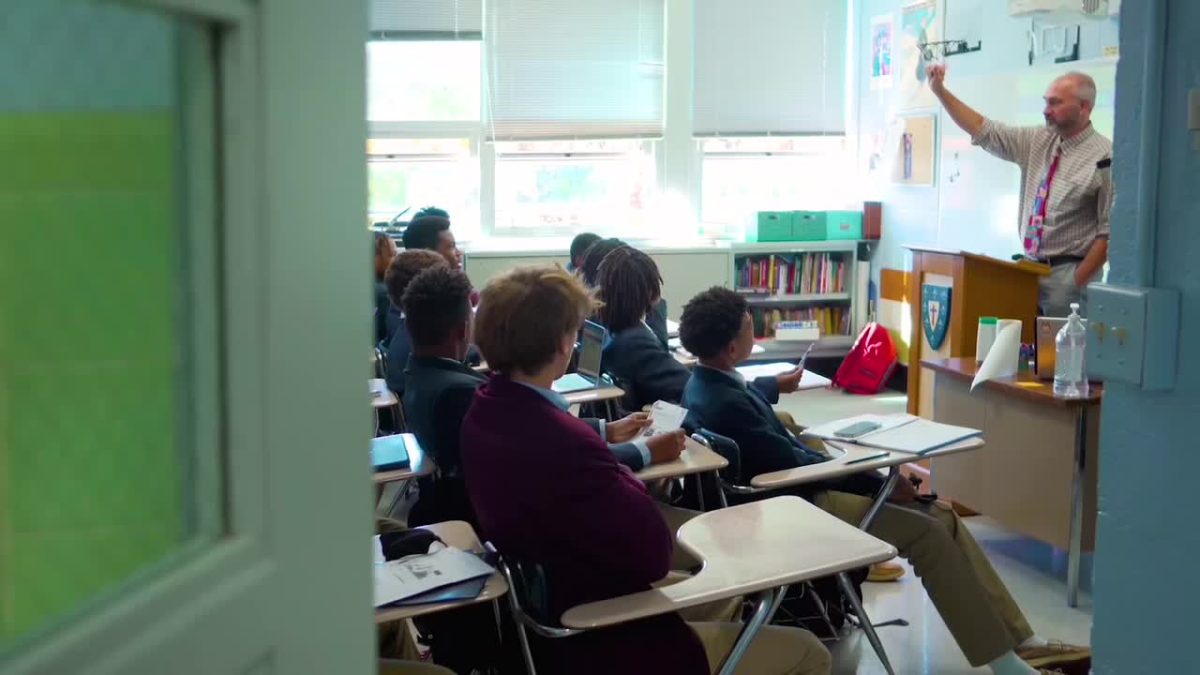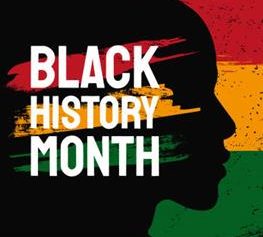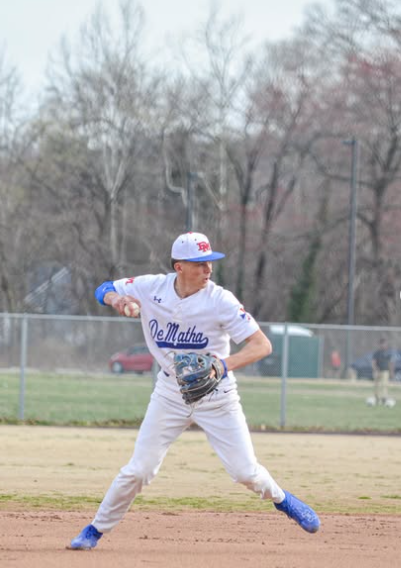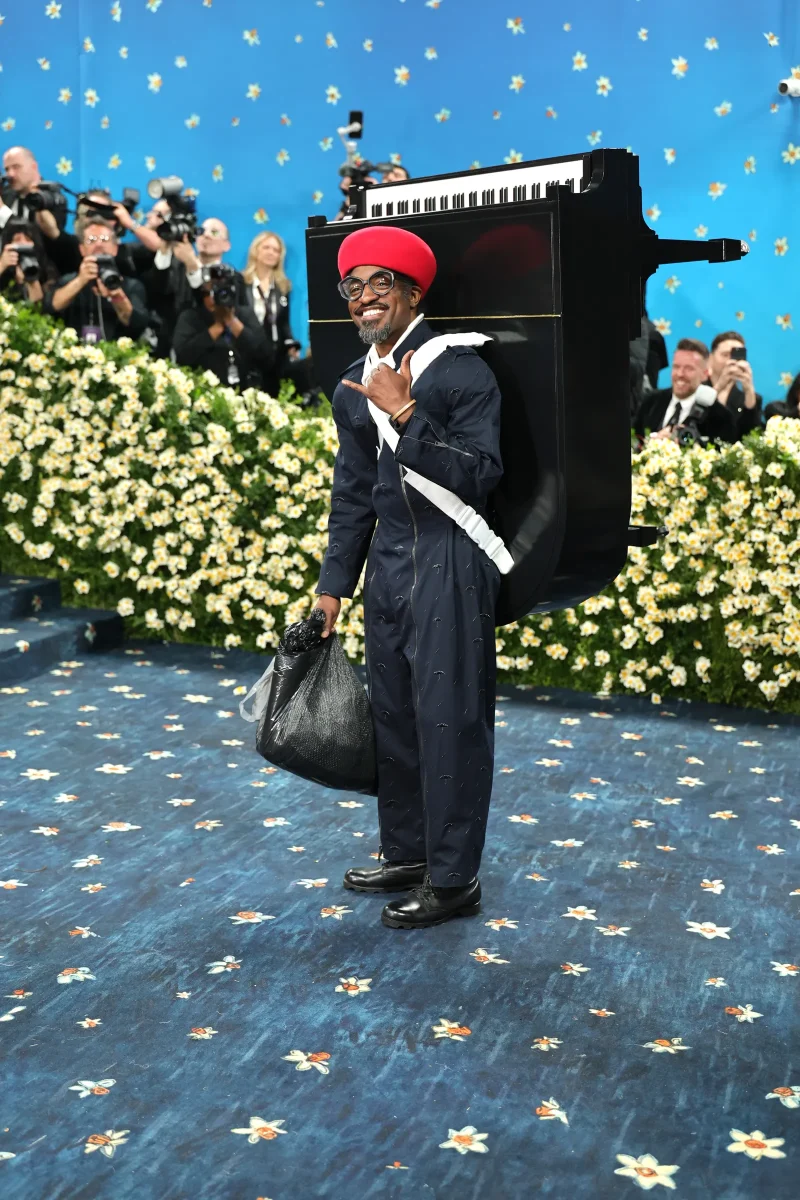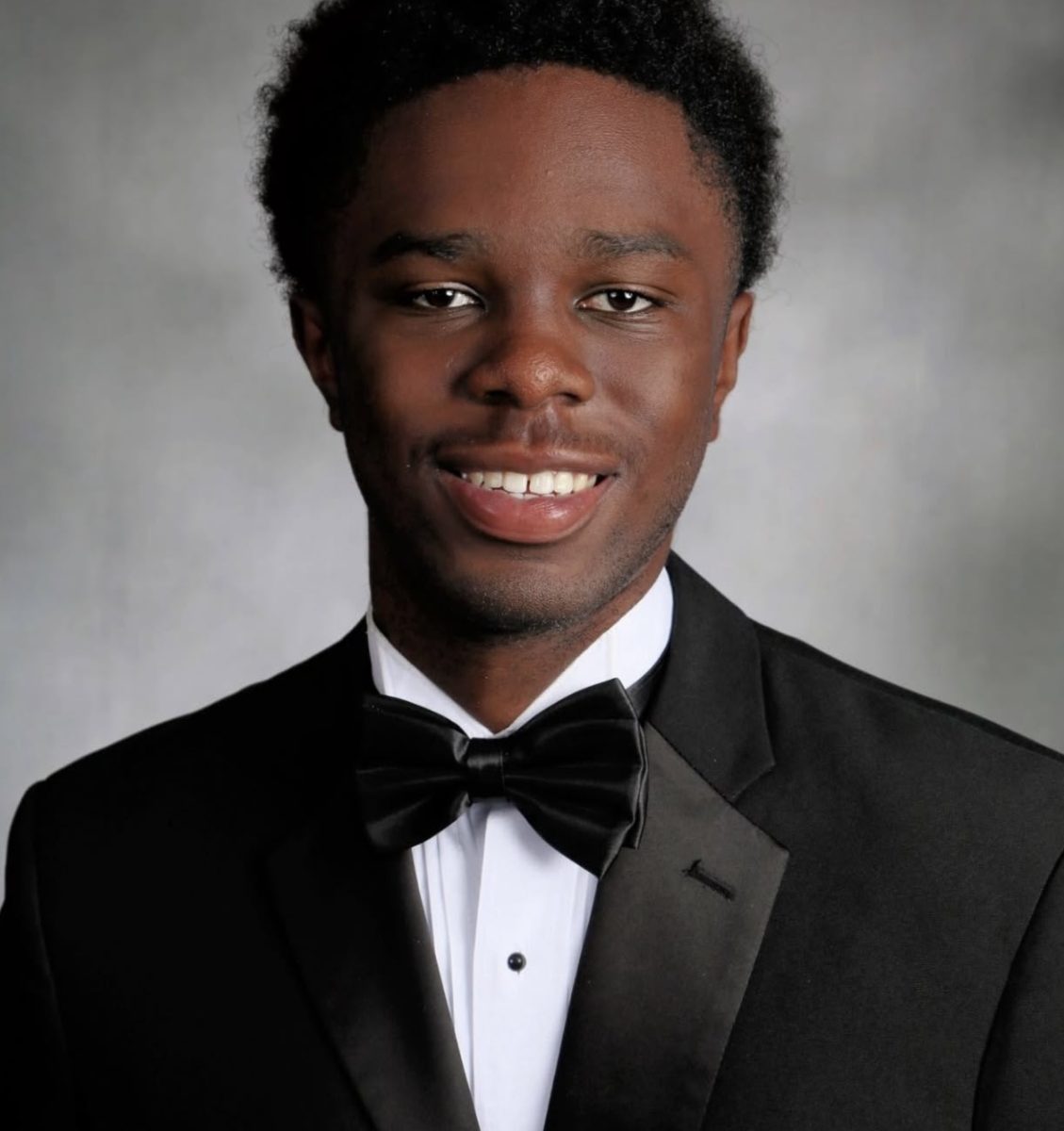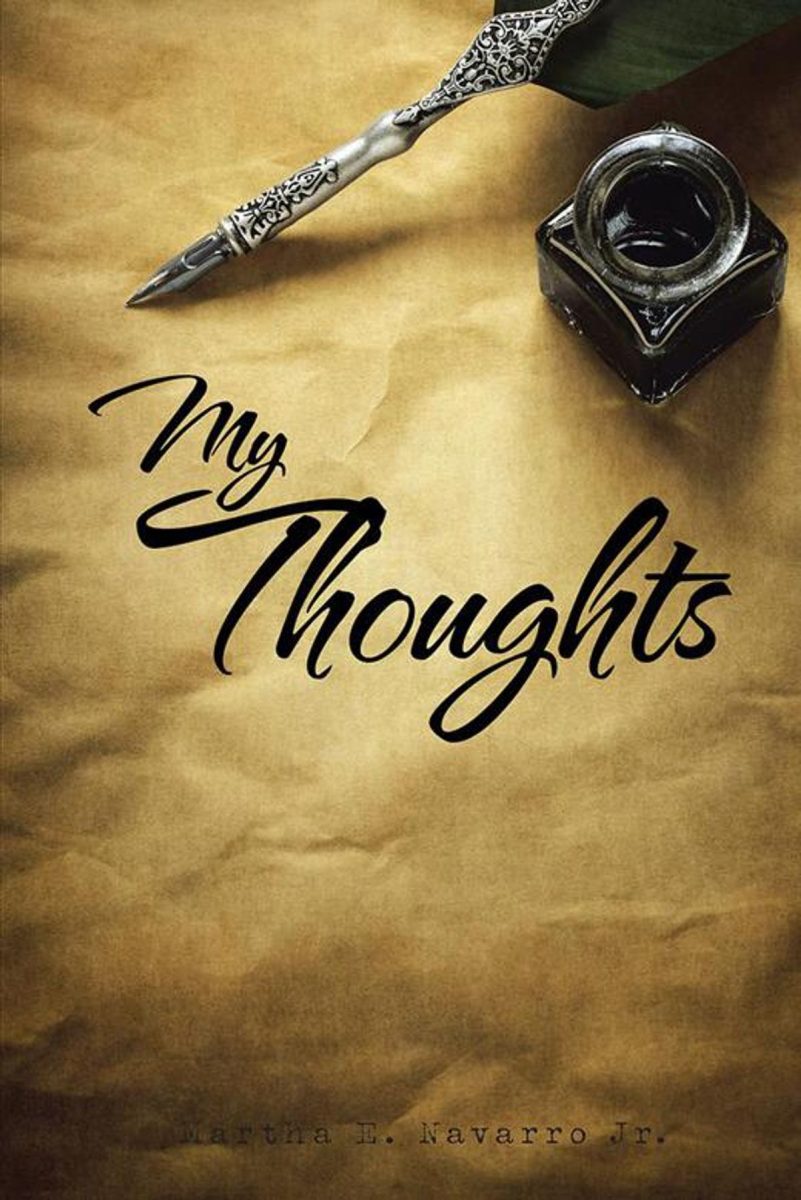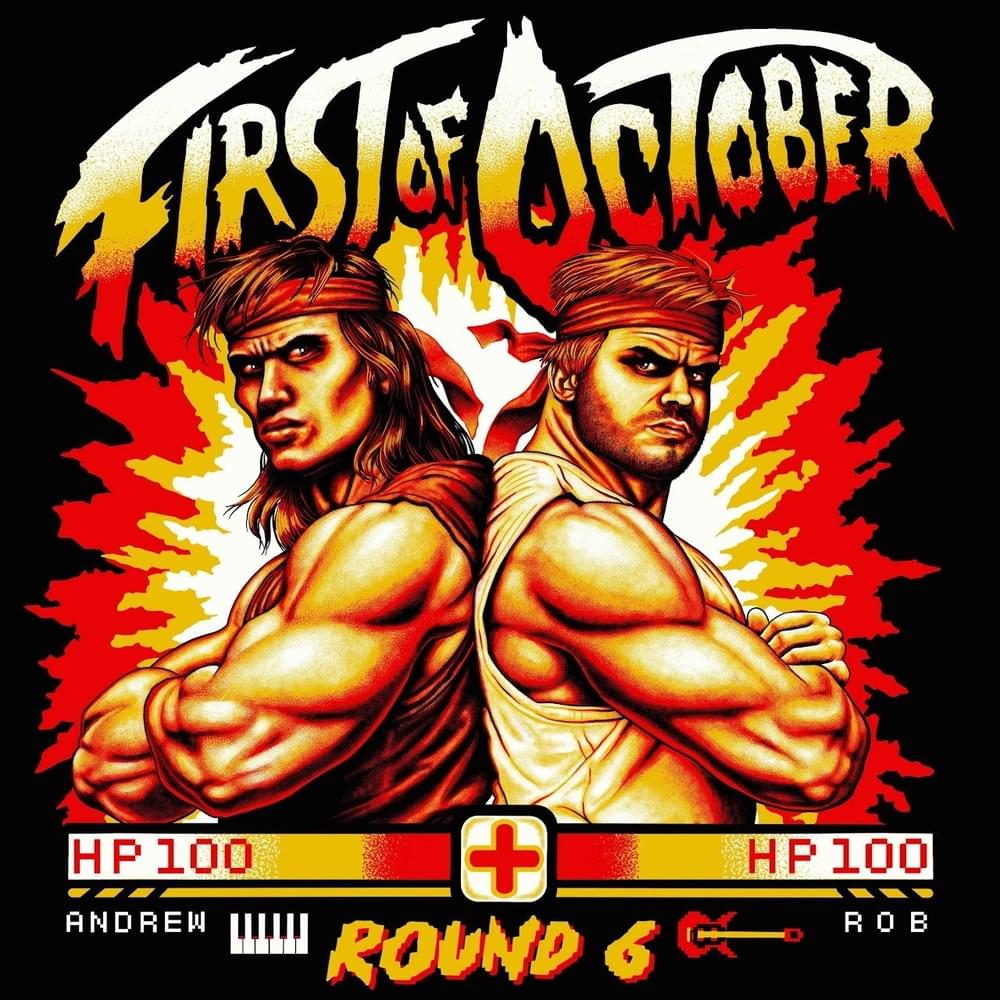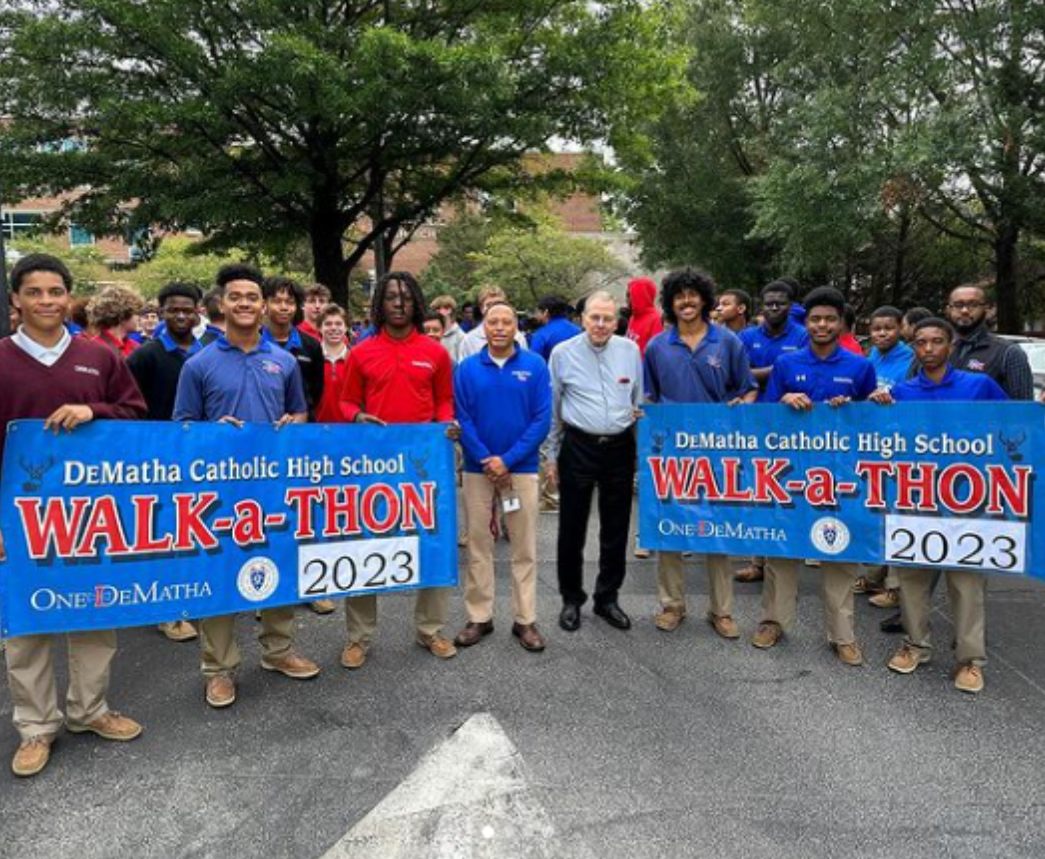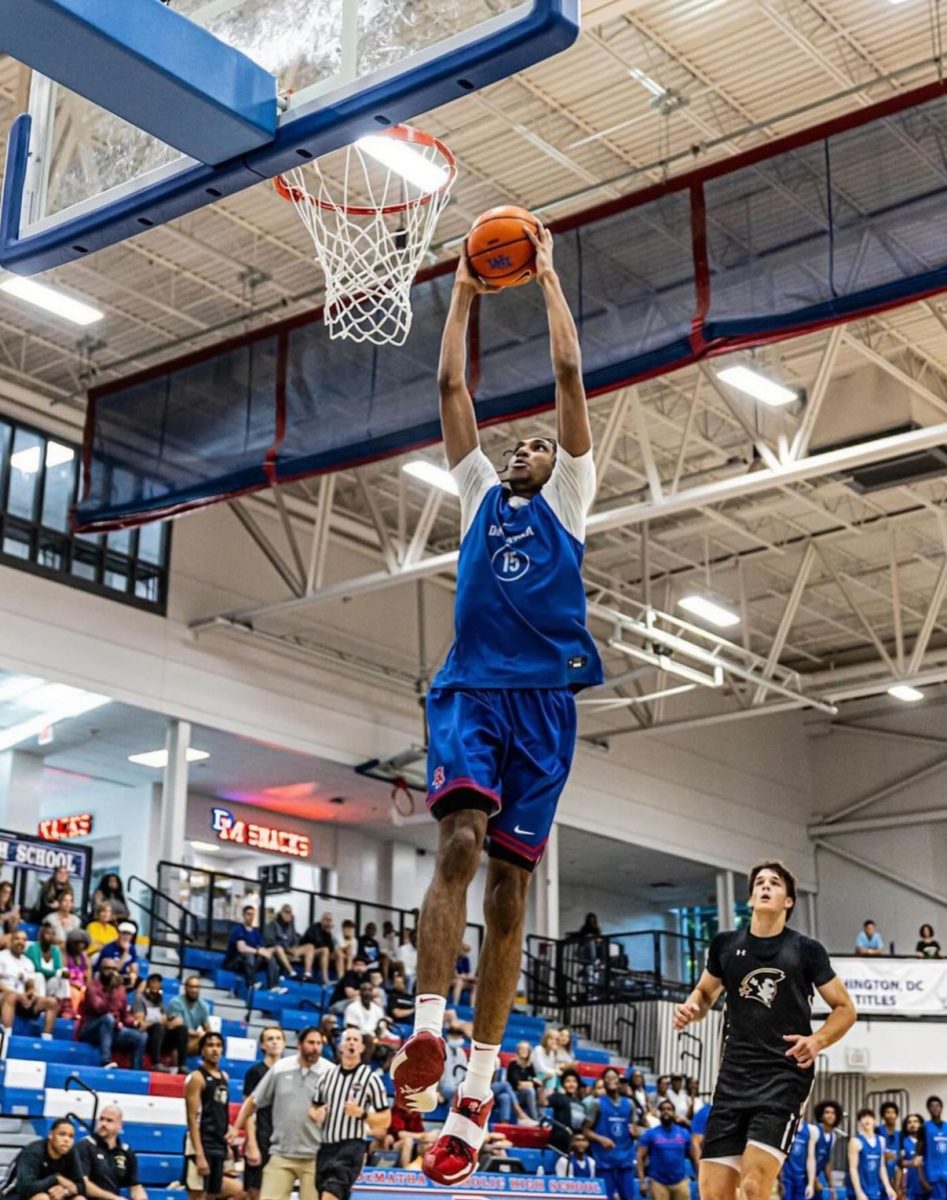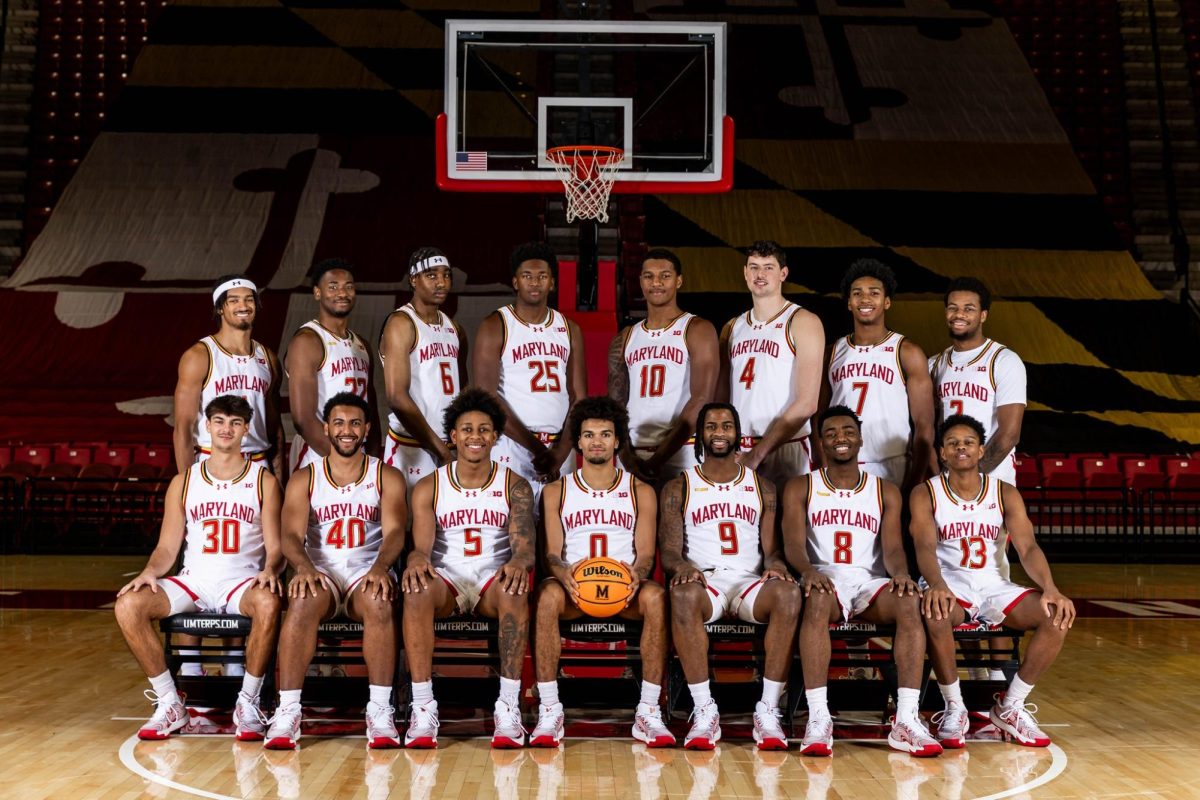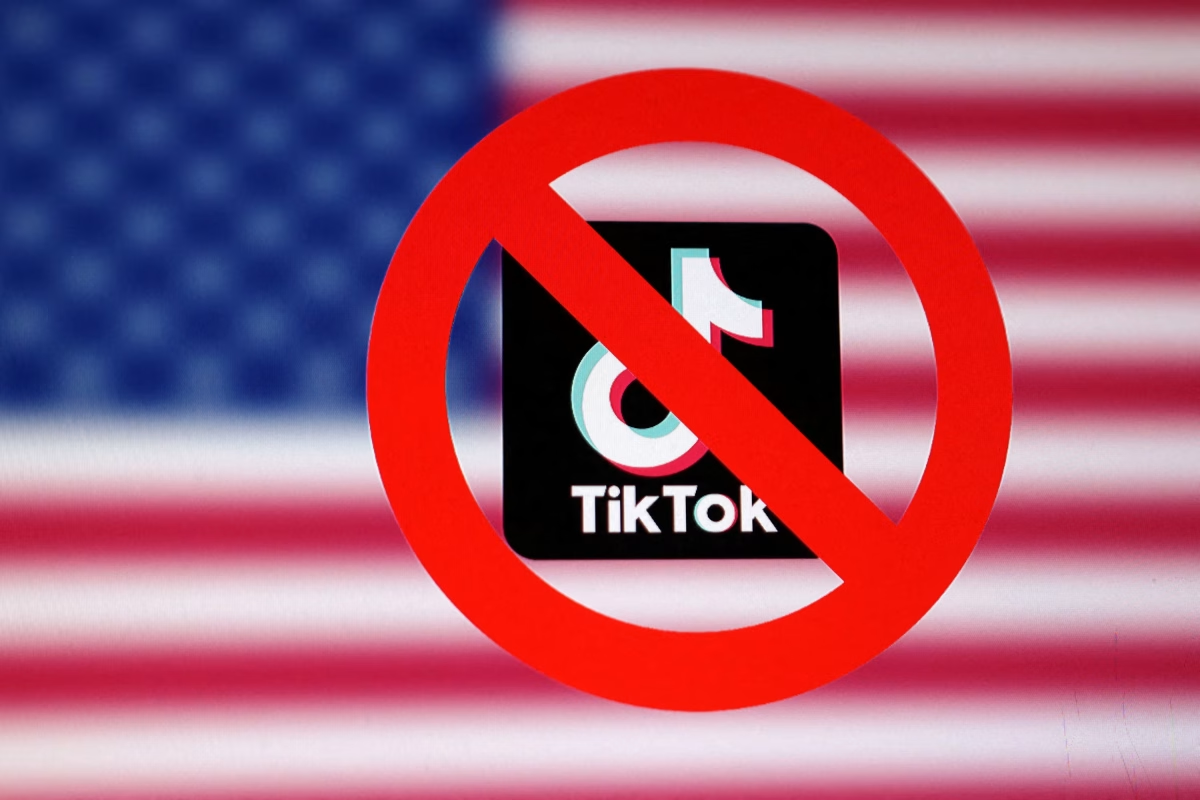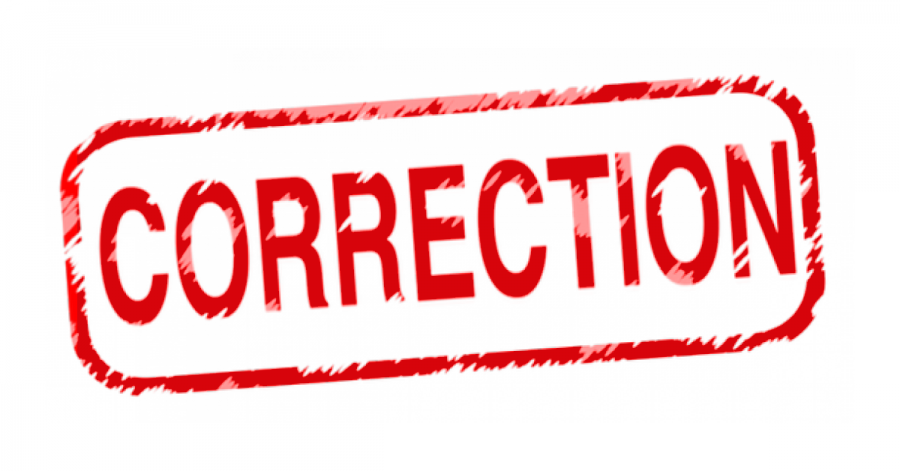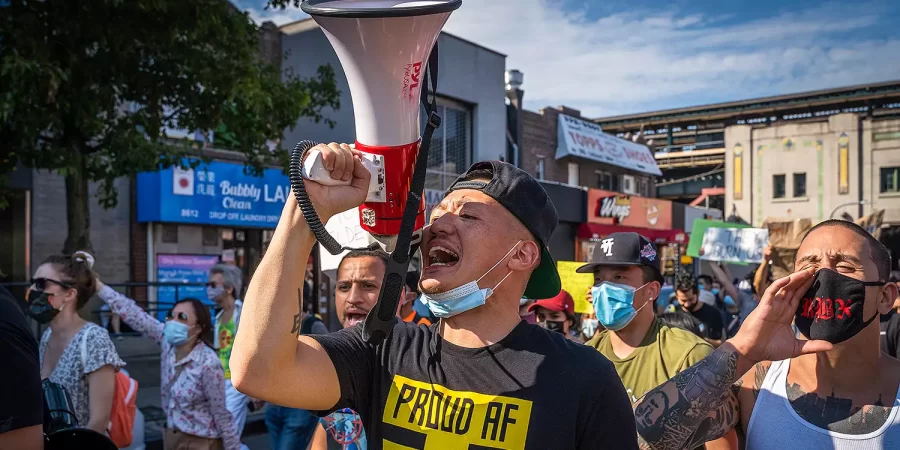Loud and Proud: The Asian-American Community’s Response to Racism
Rapper China Mac leads one of the several marches he and others in the AAPI community organized in 2020. Photo Credit: Ken Ji, 2020
March 19, 2022
It was commonly thought that a year of vicious attacks on Asians and Asian-Americans would’ve brought the issue of racism against the community to light even further and, with the increased coverage, a decrease in the level of racism would occur. Unfortunately, this train of thought has been proven to be false.
The murders of Michelle Go and Christina Yuna Lee, several Asian women being assaulted in under two hours in New York City in an apparent hate crime spree, and general discrimination being thrown onto Asians in general, show that the racism that came to light in 2020 has persisted. Why, then, do these types of crimes continue to happen? Nearly a year after the events of the Atlanta, Georgia spa shootings, many in the Asian-American community still are feeling the effects, and are keenly aware that this is an ongoing issue.
Sophomore Anthony Lukban first noticed that there was a change in attitudes towards Asians at the beginning of the first lockdown in 2020. “A lot of my Asian friends and I myself were looked at differently in public places like the grocery store.” Koa DeLeon, a high school student in Southern California, even felt the effects in a primarily Asian community. “Although my high school feels like it’s in its own little bubble, I’ve been relatively aware of the hate crimes towards Asians,” DeLeon said.
The “frequency and normalcy” of the racism towards Asians was, in particular, a source of great anger for Lukban, which he said turned into a feeling of grief over time. “That anger turned into a sort of sadness when I heard about all of the deaths and beatings,” he lamented.
General feelings of anger and sadness seemed to be prevalent amongst the Asian American Pacific Islander (AAPI) community, as junior Luke Foreman’s initial reaction to the crimes was a sense of indignation. “My initial reaction was anger… I saw crimes against a minority in America over racist and ignorant reasons.” Like many others, DeLeon felt “abject horror” to many of the crimes, especially the Atlanta shootings.
Unfortunately, hate crimes towards the community tend to affect Asian women to a higher degree, with prime examples being the murders of Christina Yuna Lee, Michelle Go, and the victims of the Atlanta shooter in 2021. Jo Maralit, a Filipina-American, was heartbroken by the deaths, as it frightened her. On a trip to New York in the fall, where Christina Lee was murdered and hate towards Asians seems to be rising, she and her friend were confronted by racist remarks. Even though she thought the situation had calmed down, they were met with “someone who told us to go back to our country.”
Pro athletes are also subject to such racism and discrimination. Eileen Gu, an 18-year-old American-born skier for the Chinese Olympic team, received what many saw as unnecessary criticism towards her decision to compete for China. Gu, who was labeled as a “traitor” by some due to her decision, still has many supporters. “We shouldn’t have to worry about picking a side,” Maralit said. “There have been many other athletes who grew up in the U.S. and went to compete in different countries.”
Especially among Asians of mixed-race descent, the feeling of being stuck between two worlds can be tough for them to overcome. Situations like this only exacerbate it for them, making them feel out of place in both a country and society that promotes this.
DeLeon feels similarly to Maralit, saying, “It’s not wrong to look for opportunities outside of our country when the American system does not have any place for Asian American athletes.” At the end of the day, Maralit feels that we should respect the decisions that any athlete, regardless of their heritage and ethnicity, make.
Authorities have been reluctant to deem many of these attacks and racist incidents as hate crimes, angering many Asian-Americans. The murders of Go and Lee, not officially called hate crimes, are simply murders in the eyes of the legal system, despite what DeLeon calls a “clear pattern of violence towards Asian-Americans” pointing clearly to the fact that these are such examples. Foreman believes that they should be classified hate crimes due to “the uptick in the percentage of crimes against Asian-Americans that started during Covid and through today.” Sharing the same opinion, Lukban feels that the authorities’ reluctance to call these incidents hate crimes is “idiotic.” He continued, “I strongly disagree with the authorities. Hate crimes are pretty simple to define.”
Some, like Maralit, think that a general misunderstanding is causing the underreaction. She believes that “there are many factors involved in bias, beliefs, motives, etc. More training and collaboration is needed between law enforcement and the communities… so that both sides better understand each other.” As more data on the crimes is being collected, Maralit notes it will help the authorities to better categorize hate crimes.
Many believe that the reason why people have been reluctant to call the incidents hate crimes is that problems facing Asians and Asian-Americans are pushed aside, especially in media coverage. “Matters regarding Asian-Americans,” DeLeon observed, “have always taken a backseat in terms of media coverage.”
Lukban thinks that the myth of the “model minority” has caused Asians to push these matters aside, along with the media. “Many immigrants were taught to conform, adapt, hide their accents, and even overlook murder and discrimination to be successful in America… Asians ourselves don’t bring these issues to light like we should.”
Despite all the heightened negativity surrounding the AAPI community in the past two years, steps are being taken to bring these issues to the forefront. Movements such as the “Stop Asian Hate” movement and the “They Can’t Burn Us All” marches by rapper China Mac have helped to let people who would have otherwise been oblivious to the issue know of what the community has been facing.
Still, as with anything, more steps can be taken to progress. Lukban feels that an entirely new attitude has to be used. “Asians can’t simply be a model minority of being quiet in the face of injustice or discrimination.” DeLeon takes on a similar stance, saying, “We need to stop letting ourselves be overlooked and be assertive about what we believe needs to change on behalf of our community.”
Maralit believes that solidarity and education is the way forward. “As a Filipina-American, I make sure to stand in solidarity when injustices are prevalent.” Such ways to do this, according to her, include “teaching and learning about other cultures, having compassion and sharing experiences with other BIPOCs (Black and Indigenous People of Color), as well as LGBTQs.” She also feels that American history doesn’t take into account the great contributions AAPIs have made to the country, which might be a reason for the lack of respect towards the community.
“The first Filipinos arrived in Moro Bay, California, on the Spanish Galleon trade ships in 1587,” Maralit said. “Filipinos settled in Louisiana in 1763… Chinese immigrants arrived in the 1820s, the Japanese arrived in the 1860s. Some Asian-Americans have called the United States home for generations.” With an understanding of the collective history of people of color in America, she feels a greater understanding will come about and will help us to decrease racism in our society.
The recent wave of racism is nothing new to the Asian community. From the Chinese Exclusion Act in the 1880s, to the racism regarding Filipino farmworkers in Southern California in the 1920s, to the Japanese-American internment in the 1940s, to the murder of Vincent Chin in the 1980s, and to the Atlanta shooting of 2021, hatred and discrimination from all sides has been a constant. People constantly belittle Asians’ appearance, languages, cultures, foods, and traditions, all while profiting off of harmful and, quite frankly, idiotic stereotypes of our people. Our issues are pushed to the side, swept under the rug, just like all the sacrifices and contributions our community has made for this country.
Ask any Asian, and 9 times out of 10 they will have many stories to tell about racism that was thrown their way. Collectively, as the Asian community recovers from these abominable crimes, we have to make a conscious and serious effort to make our voices heard. In Lukban’s words, “Asian-Americans need to realize the injustice they face and be united against it.” The Black Lives Matter protests of 2020 were able to mobilize millions in the fight against prejudice and discrimination towards African-Americans. To truly move forward, the Asian community needs to be able to voice our opinions, and this time without the rest of the world wearing mufflers.

